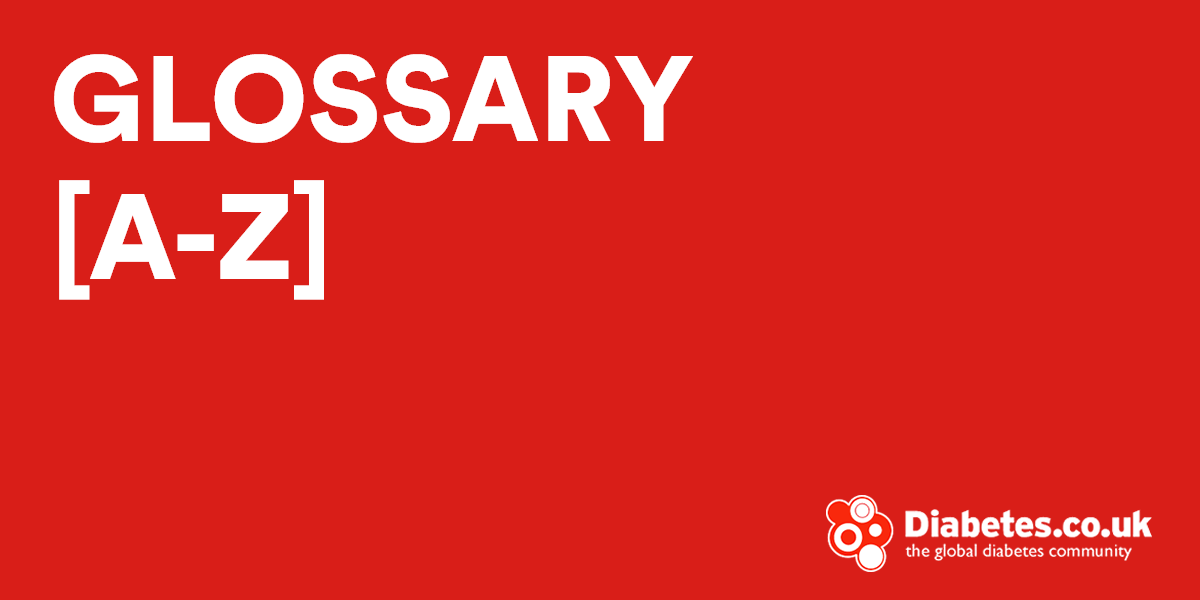ketoacidosis:
see diabetic ketoacidosis.
ketone:
a chemical produced when there is a shortage of insulin in the blood and the body breaks down body fat for energy. High levels of ketones can lead to diabetic ketoacidosis and coma. Sometimes referred to as ketone bodies.
ketonuria (key-toe-NUH-ree-ah):
a condition occurring when ketones are present in the urine, a warning sign of diabetic ketoacidosis.
ketosis (ke-TOE-sis):
a ketone buildup in the body that may lead to diabetic ketoacidosis. Signs of ketosis are nausea, vomiting, and stomach pain.
kidney disease:
see nephropathy.
kidney failure:
a chronic condition in which the body retains fluid and harmful wastes build up because the kidneys no longer work properly. A person with kidney failure needs dialysis or a kidney transplant. Also called end-stage renal (REE-nul) disease or ESRD.
kidneys:
the two bean-shaped organs that filter wastes from the blood and form urine. The kidneys are located near the middle of the back. They send urine to the bladder.
Kussmaul (KOOS-mall) breathing:
the rapid, deep, and labored breathing of people who have diabetic ketoacidosis.





